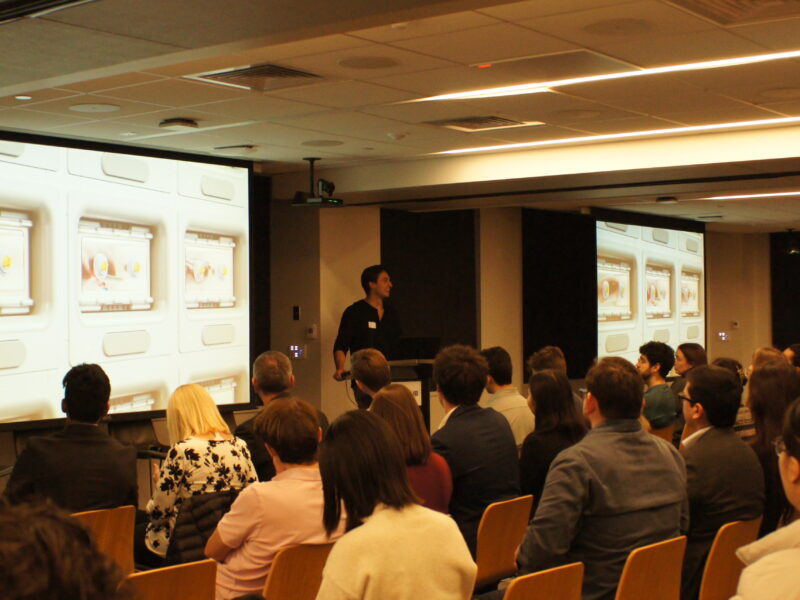Aging has long been explained in different ways. One traditional view is that it results from the gradual accumulation of molecular damage over time. Another perspective, based on evolutionary theory, suggests that natural selection strongly protects health during youth and reproductive years but becomes less effective later in life.
Aging-US Research

While maternal health has traditionally been central to research on pregnancy and child development, there is growing recognition that paternal factors also play a role, particularly the father’s age. Several studies have found a modest increase in risk of neurodevelopmental conditions, including autism spectrum disorder, among children born to older fathers. However, the biological mechanisms underlying this association are still not fully understood.

While chocolate and coffee have been associated with better health outcomes, pinpointing the responsible specific compounds has been difficult. These foods contain multiple bioactive substances that are often consumed together, and few studies have explored their individual effects on the human epigenome, the system of chemical modifications that control gene activity and change with age.

As we age, every tissue in the body undergoes gradual molecular changes. A long-standing question in aging research is whether these changes follow common patterns across tissues or whether each tissue ages on its own.

Treating aggressive cancers that do not respond to standard therapies remains one of the most significant challenges in oncology. Among these are basal-like breast cancers (BLBC), which lack hormone receptors and HER2 amplification. This makes them unsuitable for many existing targeted treatments. As a result, therapeutic options are limited, and patient outcomes are often poor.

Interest in healthier, longer lives is rising, supported by recent scientific advances in aging research. But turning those discoveries into everyday healthcare solutions remains a work in progress. In this landscape, longevity clinics have attracted attention as personalized alternatives to traditional medicine

Aging-US proudly sponsored the Future of Aging Research (FAR) Mixer 2025, hosted by the Aging Initiative on November 7 in Cambridge, MA, uniting students, researchers, and biotechnology leaders to advance aging research and shape a healthier, longer-lived future.

Synucleinopathies are a group of age-related neurological disorders, including Parkinson’s disease, dementia with Lewy bodies, and multiple system atrophy. Most individuals are not diagnosed until these diseases have significantly progressed, as early symptoms, such as a reduced sense of smell, subtle cognitive or motor changes are too vague to serve as reliable indicators.

As people age, it is common to experience some memory lapses or slower thinking. Although this is often a normal part of aging, it can still affect a person’s quality of life. Scientists have been investigating ways to slow or prevent cognitive decline, and growing evidence points to the potential role of social interaction.

As life expectancy increases, there is growing interest not only in extending lifespan but also in improving the quality of those additional years. To address the physical and cognitive decline that often accompanies aging, researchers have explored a variety of strategies.

